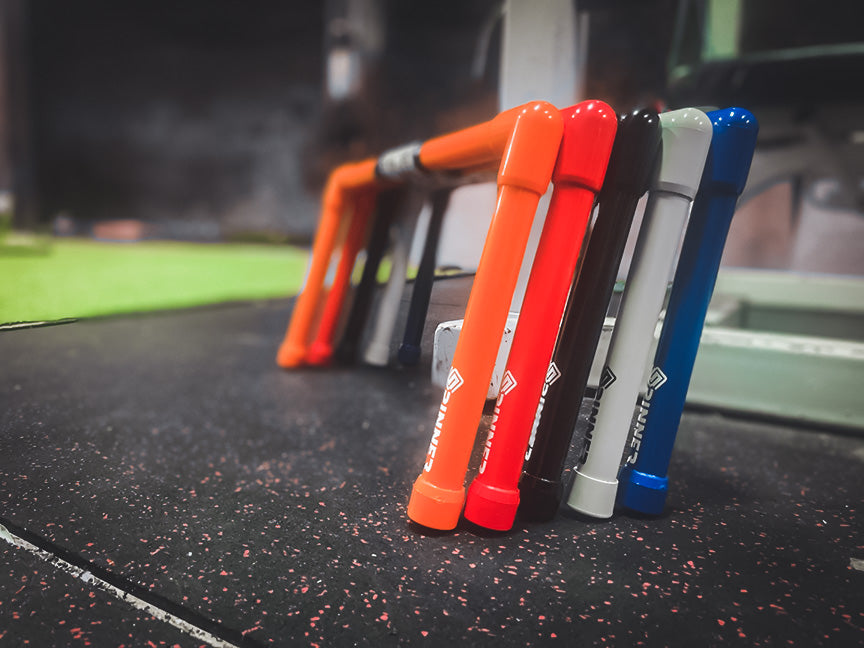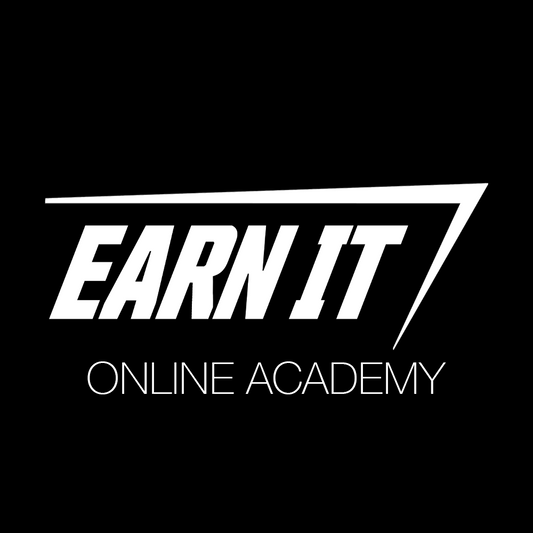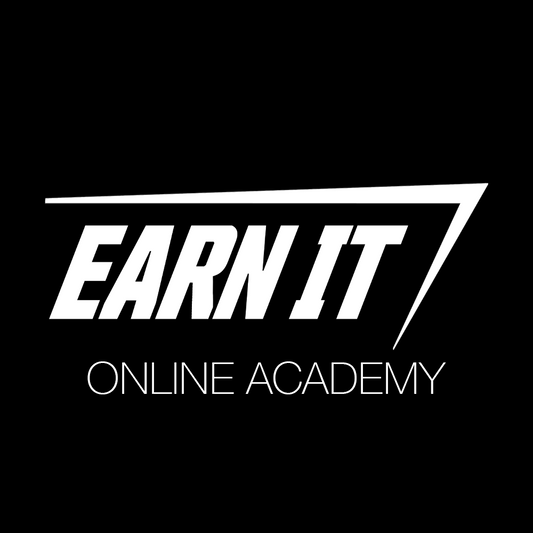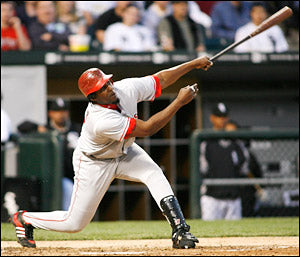We have all been there as parents, myself included. After a game where your kid didn't play as well as they could have, you want to address it right then and there. I get it, completely. The goal of this blog is to offer you a different perspective on how you can make the car ride home a positive experience for your child.
My biggest fear as someone who played sports at a high level, coached sports, and now trains athletes is that my kids will burn out and quit before they have had a chance to reach their full potential. From day one (because I have coached and trained a lot of players) I have been aware of the pitfalls of the car ride home, so we have had two rules for the car after the game.
1. We get ice cream
2. We find a good song or a good album and we turn it up load and sing!
Thats it. That's my Ted Talk.
My kids know that being a good teammate and having a good attitude is not negotiable, so on very limited occasions these things get addressed immediately, then we get back to the after-the-game to-do list.
Playing youth sports is important. Their benefits range from leadership opportunities, development of work ethic, benefits of consistent effort, building friendships through common goals, and socialization to improved self-esteem and a sense of accomplishment. But what happens after the game, on the car ride home, can be just as important for the athlete's development as the game itself.
The car ride home provides a unique opportunity for parents and coaches to offer positive reinforcement, constructive criticism, and reflective conversations with young athletes about their performance and experience.
The Elements of a good post-game environment for parents to provide include positive reinforcement, constructive criticism, reflective conversations, and a focus on long-term development.
Positive reinforcement is an essential part of any youth sports experience, and the car ride home is a great time to offer it. Parents and coaches should focus on praising their young athletes for their efforts, accomplishments, and progress, even if the game didn't go as planned. By starting the conversation with positive comments, parents and coaches can create a supportive and encouraging atmosphere for the ride home.
Constructive criticism is also a crucial part of the car ride home. However, it's important to approach criticism in a constructive and helpful way. Instead of focusing on mistakes and shortcomings, parents and coaches should offer specific feedback and suggestions for improvement. By focusing on specific skills and techniques, young athletes can learn and grow from their mistakes and develop their skills over time.
Reflective conversations are another key element of the car ride home. Parents and coaches should ask open-ended questions that encourage young athletes to reflect on their performance and experience. Some examples might include, "What did you learn from today's game?" or "What did you enjoy most about today's game?" By asking reflective questions, parents and coaches can help young athletes develop their self-awareness and learn to identify their strengths and weaknesses.
Finally, parents and coaches should focus on long-term development during the car ride home. Instead of focusing solely on the outcome of today's game, parents and coaches should encourage young athletes to think about their long-term goals and aspirations. By focusing on long-term development, young athletes can develop a growth mindset and learn to embrace challenges and setbacks as opportunities for growth.
In conclusion, the car ride home after a youth baseball or softball game is a critical time for parents and coaches to offer positive reinforcement, constructive criticism, reflective conversations, and a focus on long-term development. By creating a supportive and empowering environment for young athletes, parents and coaches can help their young athletes enjoy the sport, develop their skills, and learn important life lessons.








